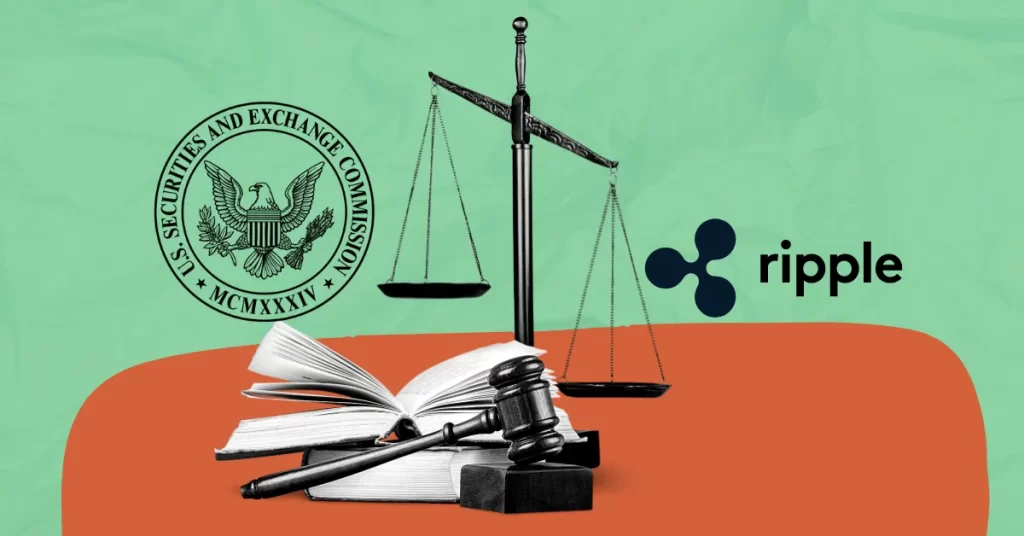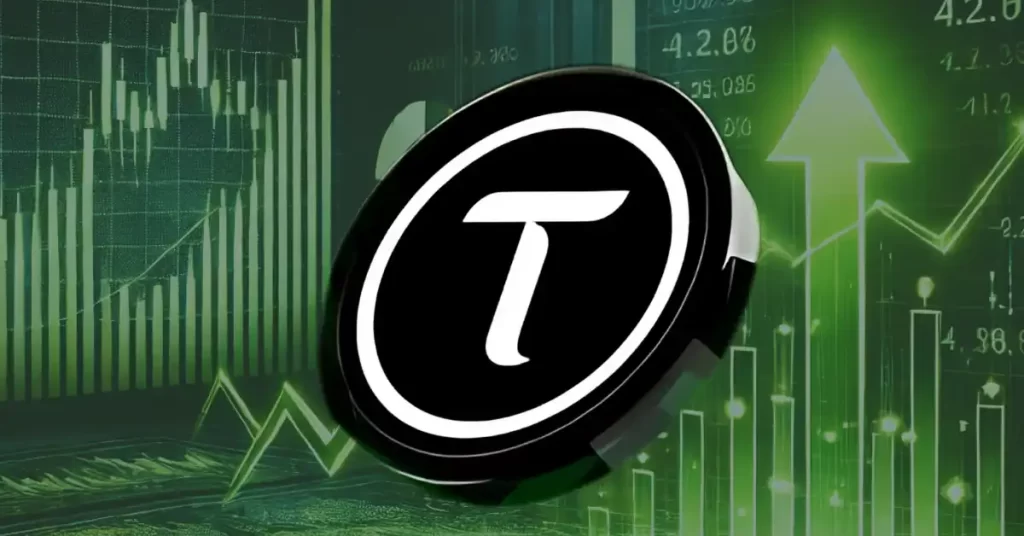
The post CA-US Law Journal Explores SEC-Ripple Lawsuit, Offers Key Perspectives appeared first on Coinpedia Fintech News
The protracted legal face-off between Ripple Labs and the United States Securities and Exchange Commission (SEC) is the subject of the latest issue of the renowned Canada-United States (CA-US) Law Journal. The publication offers an in-depth exploration and pertinent insights into the ongoing conflict.
Crypto as Currency or Investment?
The CA-US Law Journal articulates an important debate surrounding the cryptocurrency space – their role as either currency or investment. Citing Bitcoin as a prime example, the Journal highlights how this cryptocurrency was initially designed to function as a novel payment system.
However, the finite supply coupled with surging demand led investors to treat cryptocurrencies like Bitcoin as investments. The former SEC Chair, Jay Clayton, underscored this difference by emphasizing that the SEC doesn’t regulate currencies, such as Bitcoin, which are positioned to replace conventional currencies.
The Law Journal also explores the unique regulatory approach employed by the SEC. Rather than regulating the cryptocurrency itself, the SEC focuses on its ancillary components, offering a shield against fraudulent activities.
The classification of Initial Coin Offerings (ICOs) and Initial Token Offerings (ITOs) as securities that mandate disclosure is a prime example of this strategy. The Journal emphasizes how Clayton described ICOs and ITOs as tokenized Initial Public Offerings (IPOs), thereby requiring them to abide by mandatory disclosure regulations.
Ripple’s XRP: A Unique Case Study
At the heart of this legal wrangle is Ripple’s XRP, and the Law Journal presents a comprehensive case study to understand its position better. Unlike Bitcoin, which operates on a fully decentralized and public blockchain, Ripple and its currency XRP represent a semi-decentralized system. While Ripple also provides a cryptocurrency, XRP is not positioned to offer the same services as Bitcoin.
According to the CA-US Law Journal, Ripple was looking to provide a quicker, cheaper alternative to traditional settlement systems like SWIFT, often used for wire transfers. By leveraging its proprietary distributed consensus ledger technology, Ripple can bypass centralized authorities, thereby expediting transactions and reducing costs. This unique approach, however, has drawn the attention of the SEC, prompting questions about Ripple’s operation and its classification as a security.

 1 year ago
79
1 year ago
79














 English (US) ·
English (US) ·